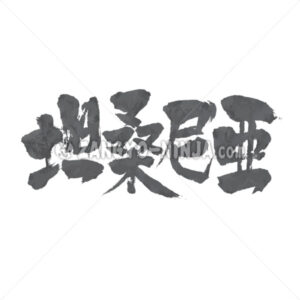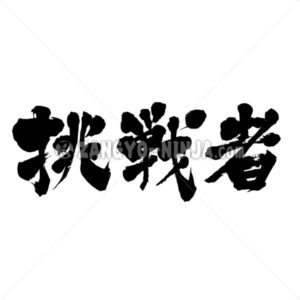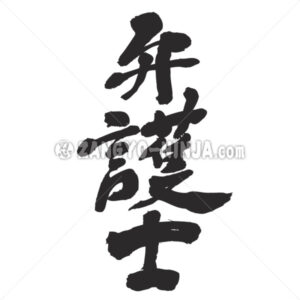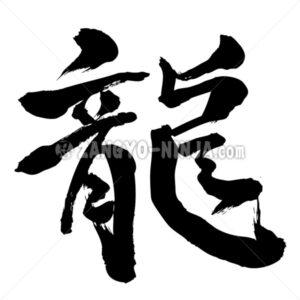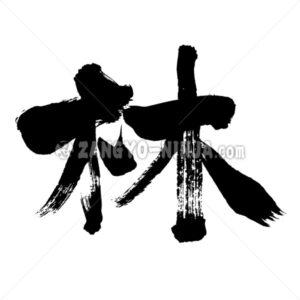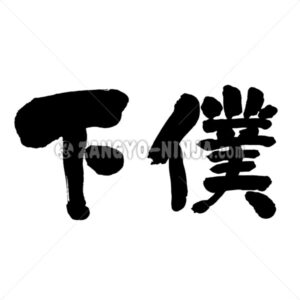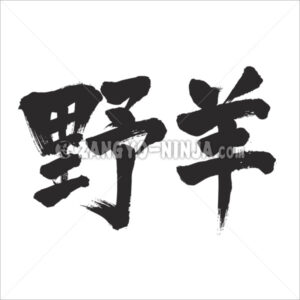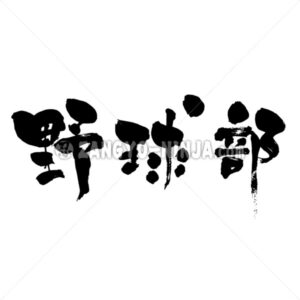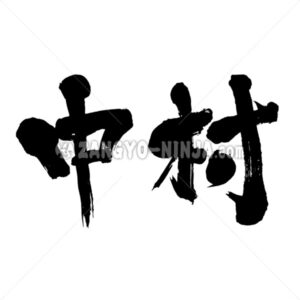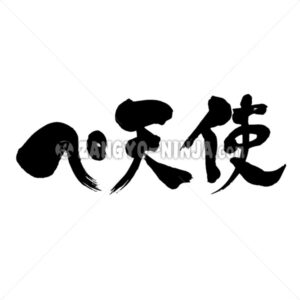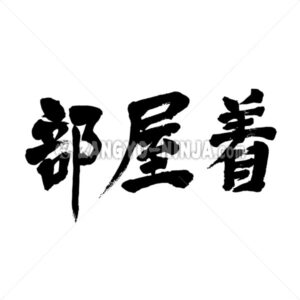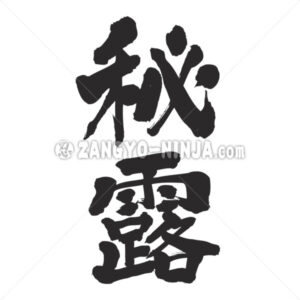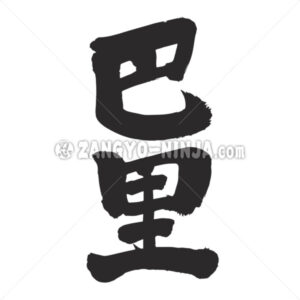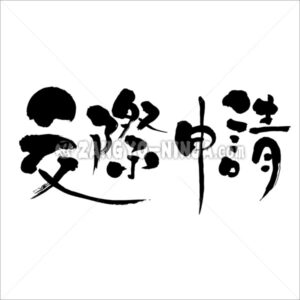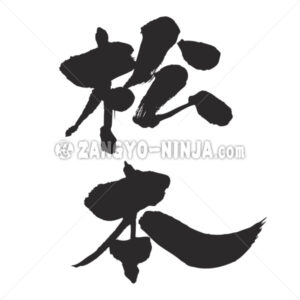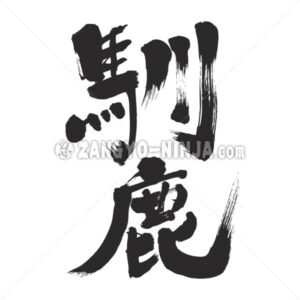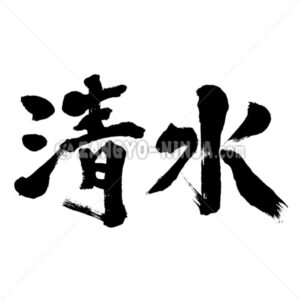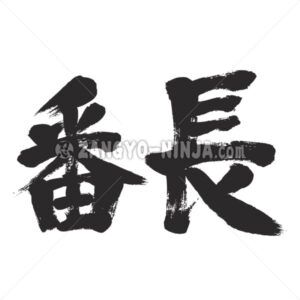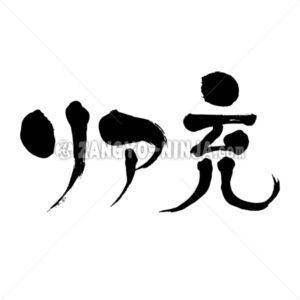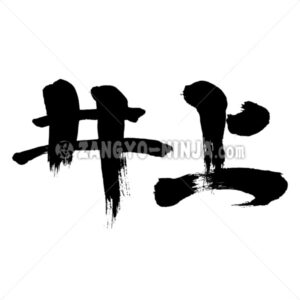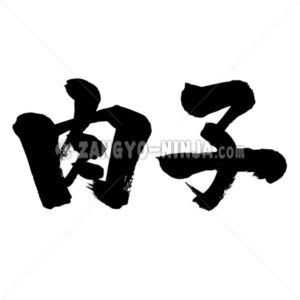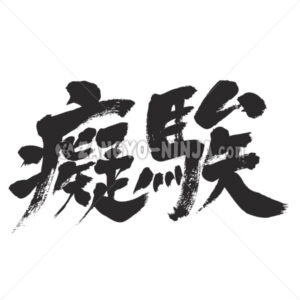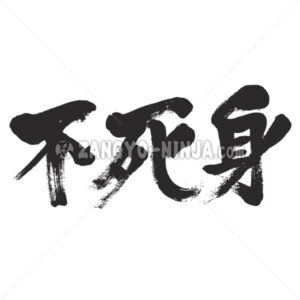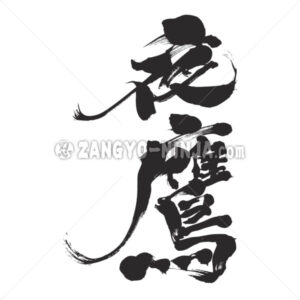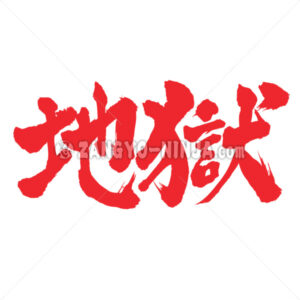
This etymology came from India in Buddhism. What used to be called “naraka” in Sanskrit was transcribed and transmitted to China to become “naraku”. In China, Naraka meant an underground prison, so it was omitted and became hell. It is said that the words “hell” and “naraku” were introduced to Japan. Japanese said “Ji … Read More
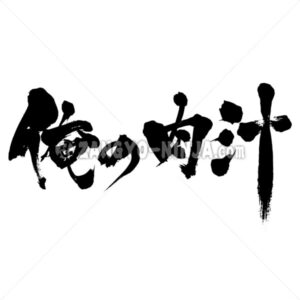
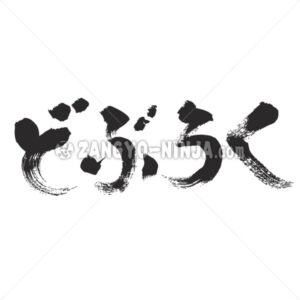
It is sake made by self-brewing, and it is basically a violation of the Sake Tax Law under current Japanese law. However, it is good for sake brewers to make this, and it is allowed at certain times. It is a state of sake that has been fermented like sake and has been brewed … Read More
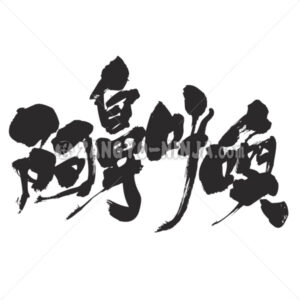
A man/woman who crying in extreme pain and seeking salvation. Very miserable and ugly. The situation was such that the deceased fell into hell and could not bear the torment and cried out loud. Annoying hell and screaming hell in Buddhism. Both are one of the eight great hells. It may also refer to … Read More
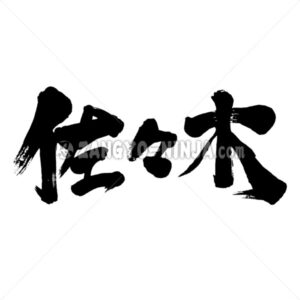
The etymology is “small saki” (protruding small terrain) as a place name. Sasaki is the 13th common Japanese surname. Etymology of the Sasaki surname Originated from the area near Sasaki Shrine (formerly Sasaki) in Jorakuji, Azuchi-cho, Omihachiman City, Shiga Prefecture. This place name was recorded in the Nara period. The same place was in … Read More
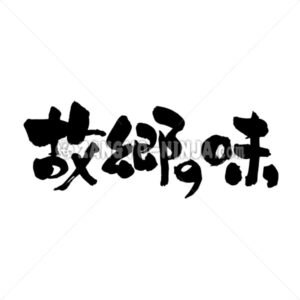
In summary, dishes made with ingredients such as preserved foods, fermented foods, and seasonings that people have thought about in the process of living in the area and forming the area. Japanese said “Furu sato no aji” and “Ko kyo no aji” in Japanese Kanji and Hiragana.
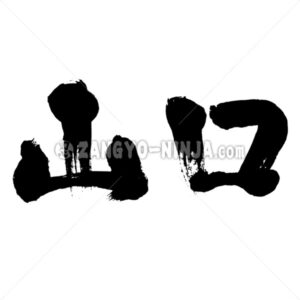
1. A prefecture located in the Chugoku region of Japan. The prefectural office is located in Yamaguchi City. 2. Yamaguchi is the 14th most common Japanese surname. The entrance to the mountain in Japanese Kanji. 3. When hunting falconry, first enter the hunting ground to try to hunt.
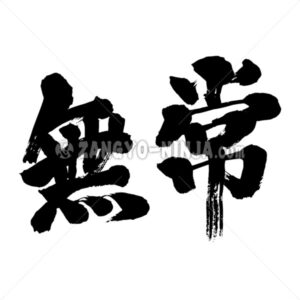
Buddhist language. Everything has changed, and it is not a permanent residence. Everything in this world changes quickly and does not stay in the same state for a while. Especially the ephemeral nature of life. Don’t know when you will die. Japanese says “Mu Jou”.


